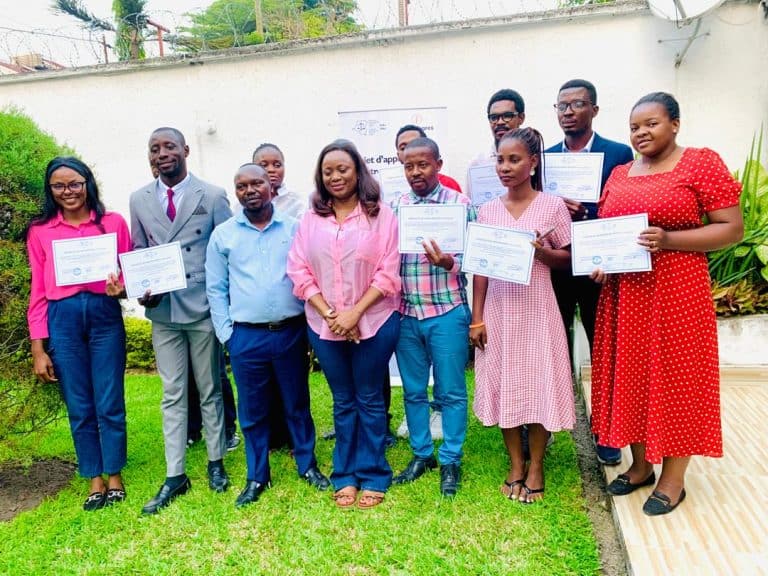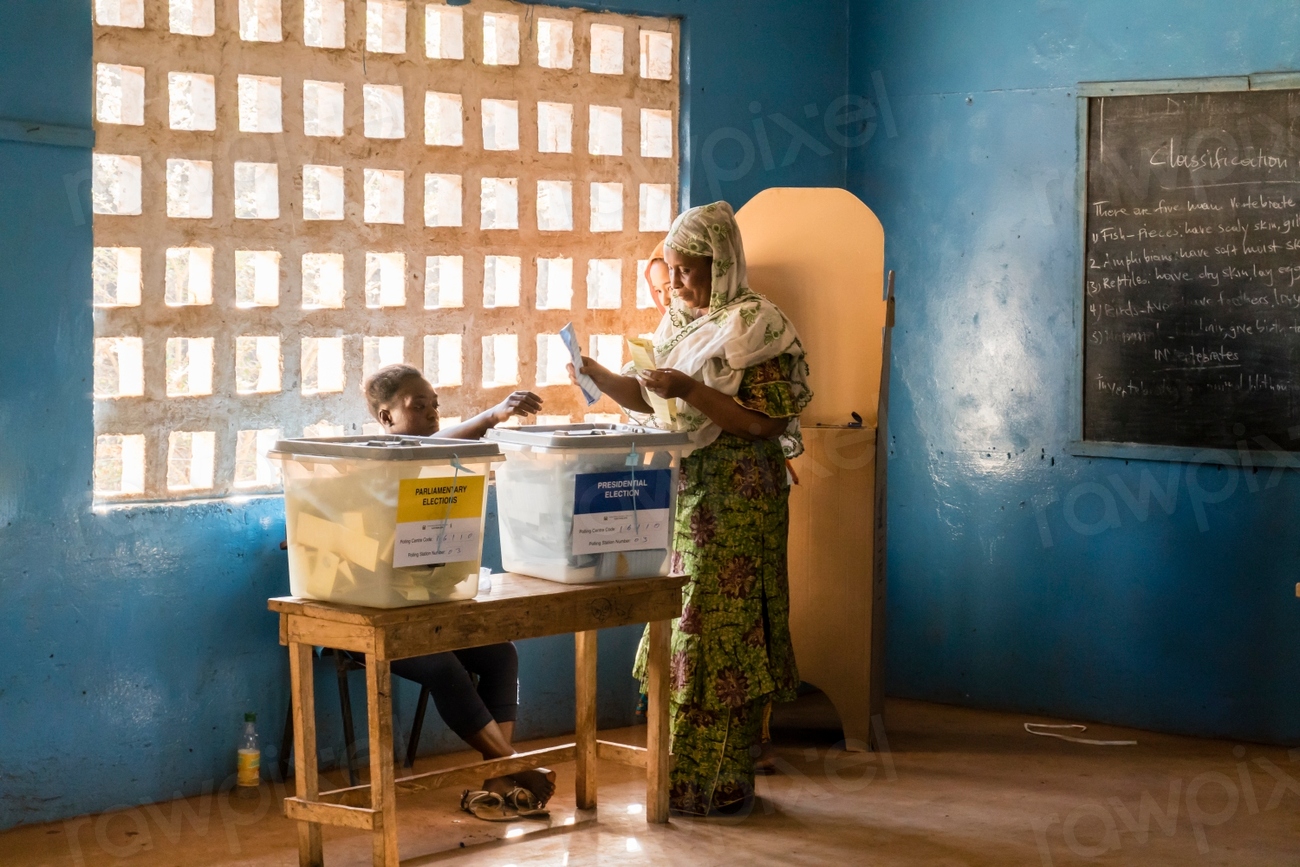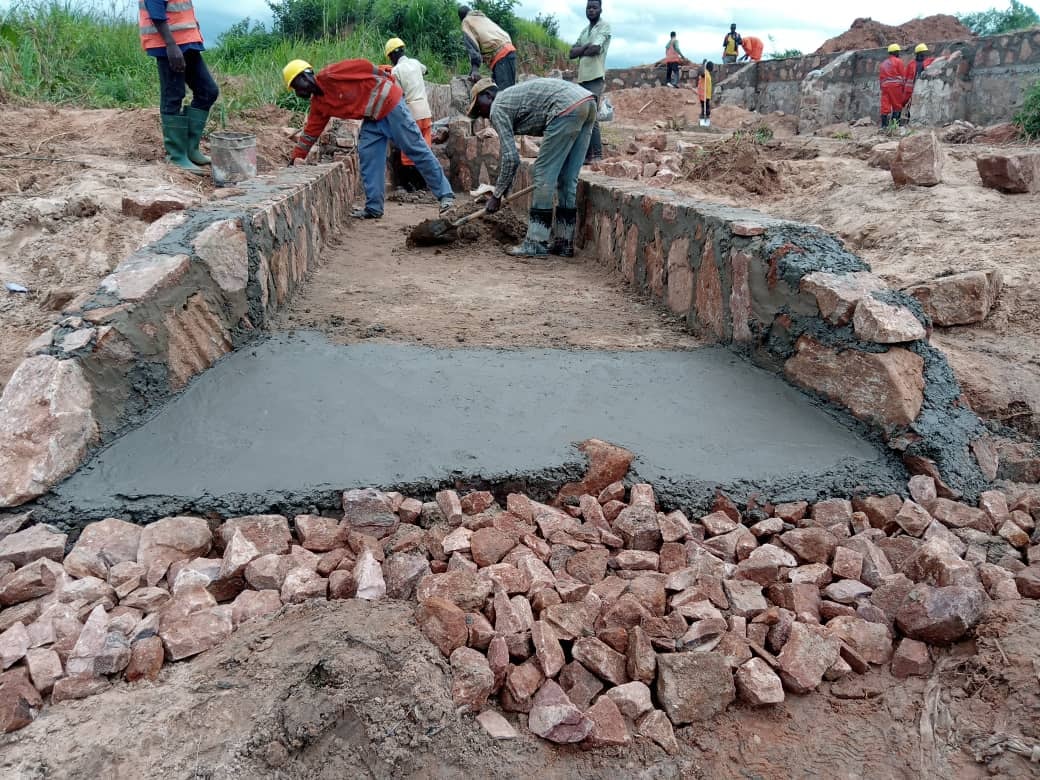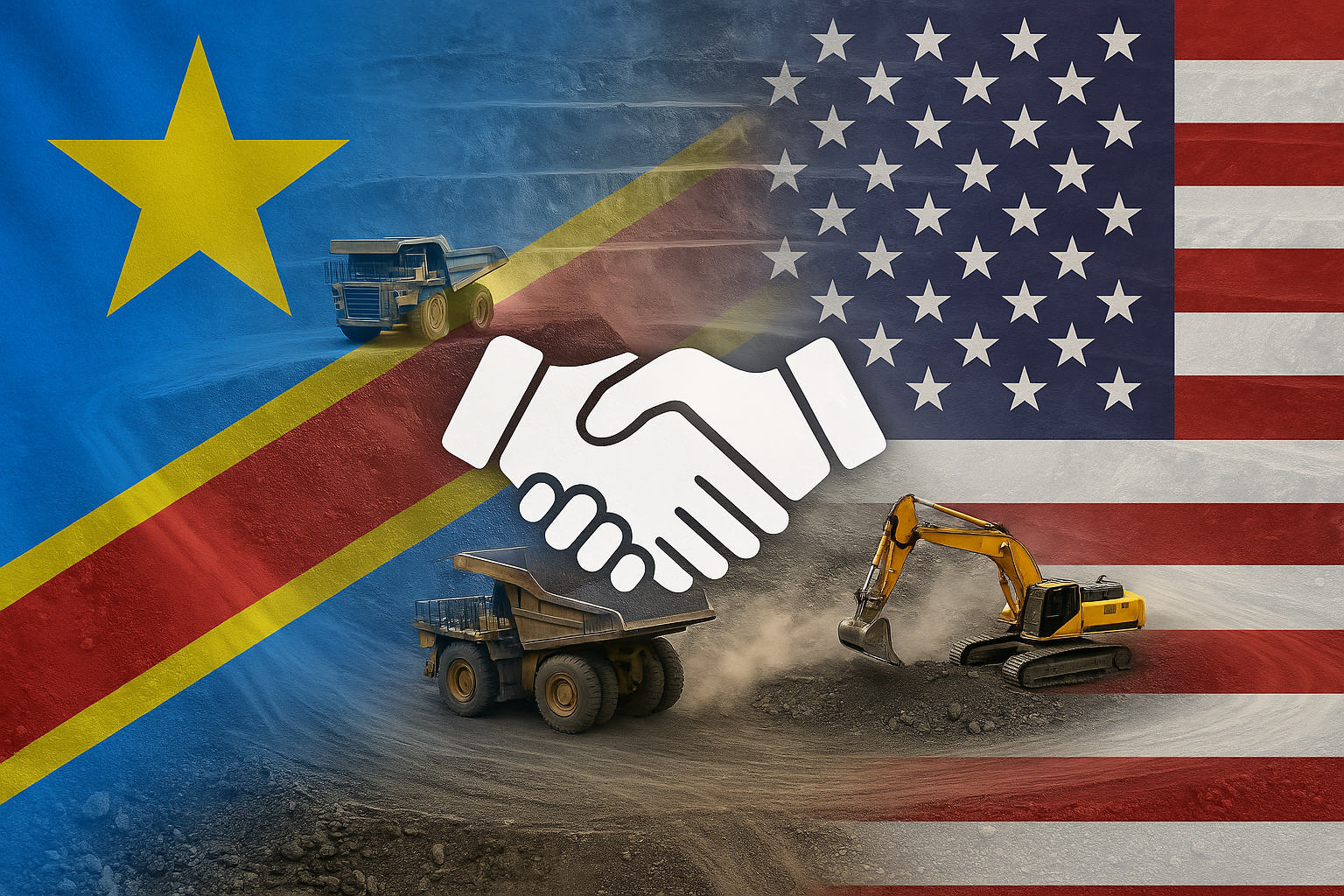We help government, public institutions, businesses and local communities solve complex problems related to corruption.
Inequality, exclusion and political instability: the real cost of corruption
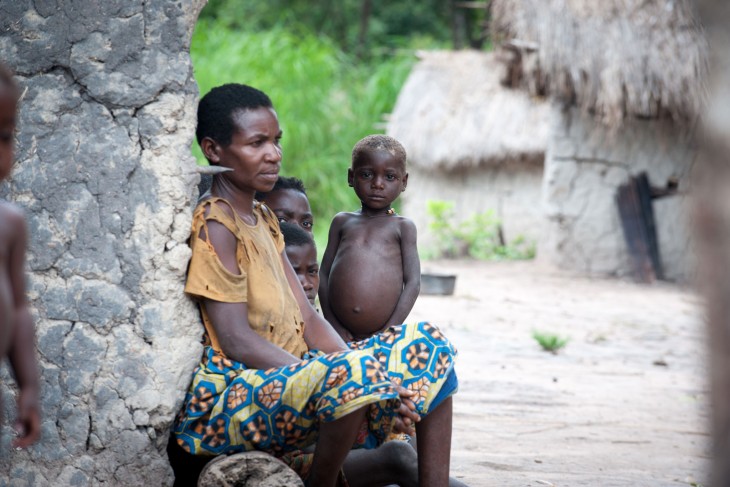
Corruption is one of the most corrosive issues of our time. It wastes public resources, widens economic and social inequalities, breeds discontent and political polarisation and reduces trust in institutions.
Corruption perpetuates inequality and poverty, impacting well-being and the distribution of income and undermining opportunities to participate equally in social, economic and political life.
Integrity: a strategy against corruption in Democratic Republic of the Congo
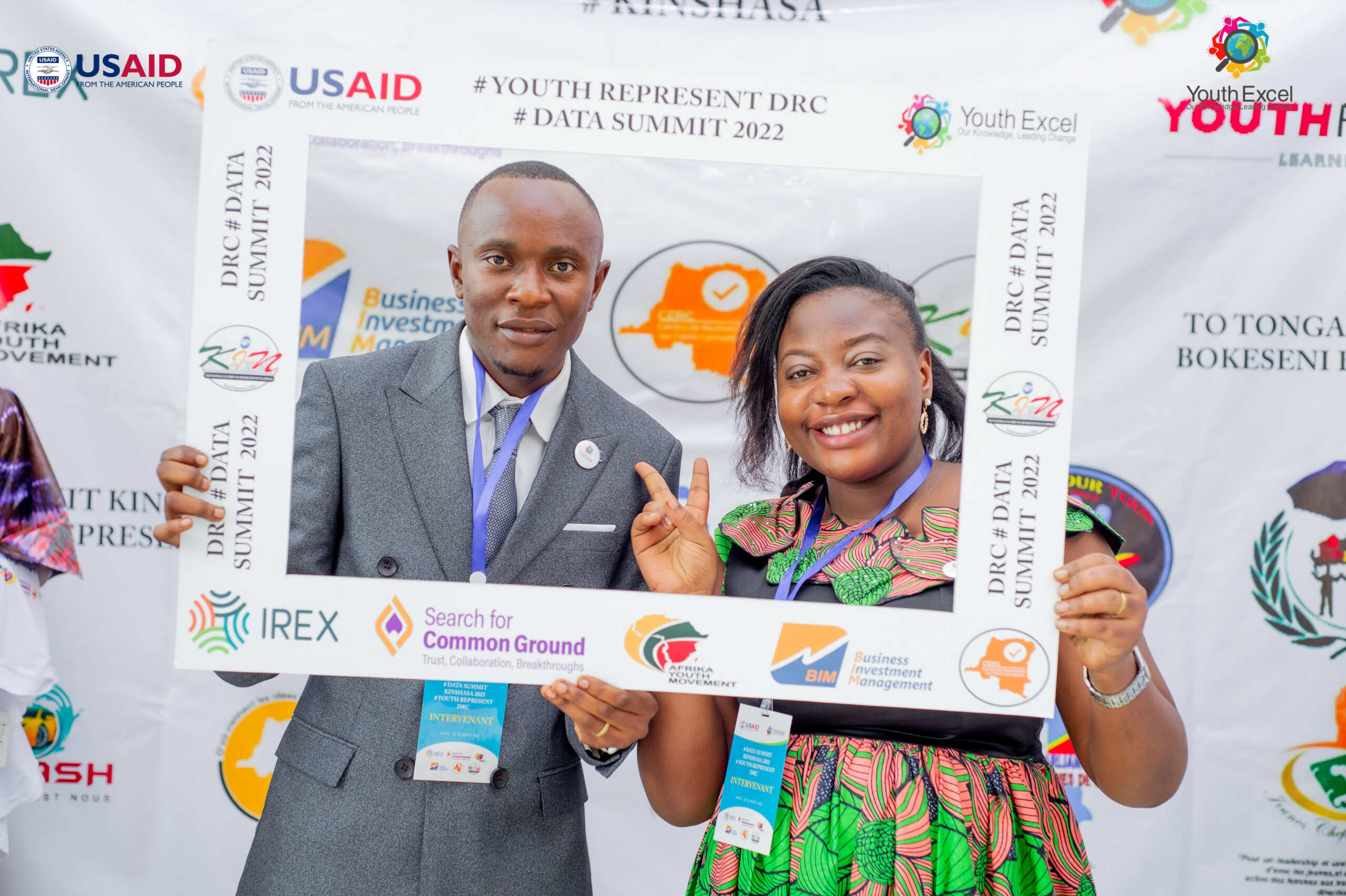
A strategic and sustainable response to corruption is the integrity building. Integrity is essential for building strong institutions and assures citizens that the government is working in their interest, not just for the select few. Integrity is not just a moral issue, it is also about making economies more productive, public sectors more efficient, societies and economies more inclusive. It is about restoring trust, not just trust in government, but trust in public institutions, regulators, banks, and corporations.
